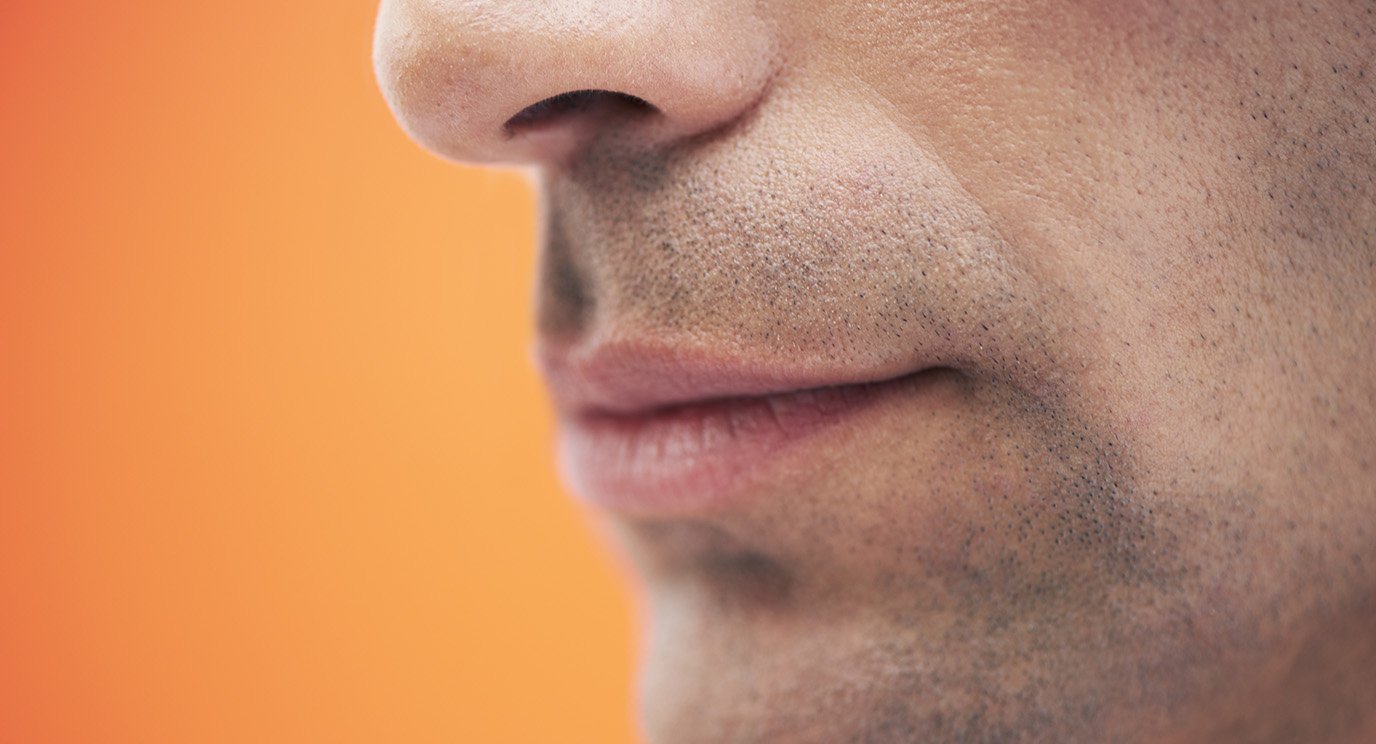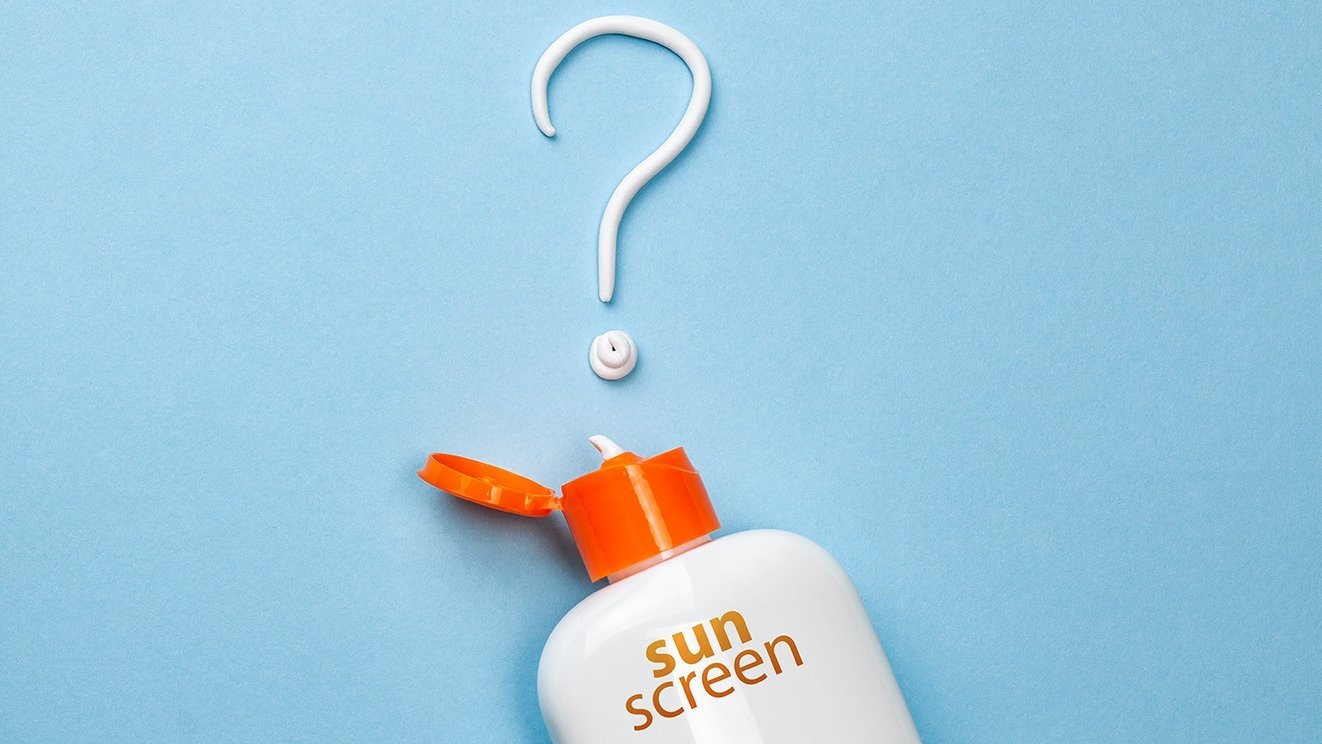- Diseases
- Acoustic Neuroma (14)
- Adrenal Gland Tumor (24)
- Anal Cancer (66)
- Anemia (2)
- Appendix Cancer (16)
- Bile Duct Cancer (26)
- Bladder Cancer (68)
- Brain Metastases (28)
- Brain Tumor (230)
- Breast Cancer (718)
- Breast Implant-Associated Anaplastic Large Cell Lymphoma (2)
- Cancer of Unknown Primary (4)
- Carcinoid Tumor (8)
- Cervical Cancer (154)
- Colon Cancer (164)
- Colorectal Cancer (110)
- Endocrine Tumor (4)
- Esophageal Cancer (42)
- Eye Cancer (36)
- Fallopian Tube Cancer (6)
- Germ Cell Tumor (4)
- Gestational Trophoblastic Disease (2)
- Head and Neck Cancer (6)
- Kidney Cancer (124)
- Leukemia (344)
- Liver Cancer (50)
- Lung Cancer (288)
- Lymphoma (284)
- Mesothelioma (14)
- Metastasis (30)
- Multiple Myeloma (98)
- Myelodysplastic Syndrome (60)
- Myeloproliferative Neoplasm (4)
- Neuroendocrine Tumors (16)
- Oral Cancer (100)
- Ovarian Cancer (170)
- Pancreatic Cancer (164)
- Parathyroid Disease (2)
- Penile Cancer (14)
- Pituitary Tumor (6)
- Prostate Cancer (144)
- Rectal Cancer (58)
- Renal Medullary Carcinoma (6)
- Salivary Gland Cancer (14)
- Sarcoma (236)
- Skin Cancer (296)
- Skull Base Tumors (56)
- Spinal Tumor (12)
- Stomach Cancer (60)
- Testicular Cancer (28)
- Throat Cancer (90)
- Thymoma (6)
- Thyroid Cancer (98)
- Tonsil Cancer (30)
- Uterine Cancer (78)
- Vaginal Cancer (14)
- Vulvar Cancer (18)
- Cancer Topic
- Adolescent and Young Adult Cancer Issues (20)
- Advance Care Planning (10)
- Biostatistics (2)
- Blood Donation (18)
- Bone Health (8)
- COVID-19 (362)
- Cancer Recurrence (120)
- Childhood Cancer Issues (120)
- Clinical Trials (626)
- Complementary Integrative Medicine (24)
- Cytogenetics (2)
- DNA Methylation (4)
- Diagnosis (230)
- Epigenetics (6)
- Fertility (64)
- Follow-up Guidelines (2)
- Health Disparities (14)
- Hereditary Cancer Syndromes (124)
- Immunology (18)
- Li-Fraumeni Syndrome (8)
- Mental Health (118)
- Molecular Diagnostics (8)
- Pain Management (62)
- Palliative Care (8)
- Pathology (10)
- Physical Therapy (18)
- Pregnancy (18)
- Prevention (896)
- Research (390)
- Second Opinion (74)
- Sexuality (16)
- Side Effects (604)
- Sleep Disorders (10)
- Stem Cell Transplantation Cellular Therapy (216)
- Support (404)
- Survivorship (322)
- Symptoms (184)
- Treatment (1774)
How to get the best from bug spray
4 minute read | Published July 02, 2021
Medically Reviewed | Last reviewed by an MD Anderson Cancer Center medical professional on July 02, 2021
For many of us, summer brings bug bites. And that may mean itchy, red bumps that can lead to skin discoloration that lasts for months.
And the solution is not all that pleasant either. Insect repellants often have a strong smell and contain chemicals.
“Bug bites are not attractive, especially if you get a lot of them. Then there’s the more worrisome thing that bugs can carry diseases.” says dermatologist Susan Chon, M.D. “Bug sprays can be a useful tool to protect you as long as you use them correctly.”
Here are six things Chon wants you to know about using insect repellant on your skin.
Keep your bug spray and sunscreen separate
Avoid sunscreens that combine bug spray and sunscreen. “If you’re wondering if combination bug spray and sunscreen is a good idea, the answer is probably no,” Chon says. “Because you’re not going to use them the same way.”
Sunscreen should be applied liberally all over your exposed skin and reapplied every two hours. Bug spray should be used carefully, and you shouldn’t need to apply it more than once per day. “You really want to control the amount of bug spray you use. Put it only in areas where you think you need it and not in excessive amounts,” Chon says.
DEET is safe if use correctly
The most well-known bug spray ingredient is DEET. It has been used to scare off mosquitos since the 1950s.
“DEET has been well-studied, and it is safe to use for most people in concentrations of 30% or less,” says Chon.
DEET should not be used on children under 2 months old. Pregnant women should also weigh the benefits against the risk of catching mosquito-borne diseases in their location.
“For everyone else, use it sparingly. Spray it just on your ankles, your lower legs, your wrists –and don’t spray it on your face. Put it on your hands and pat it on your face and neck, if necessary,” Chon adds.
A higher percentage of DEET means you are protected for longer
Bug sprays sometimes have different amounts of DEET in them. The higher percentages of DEET protect you longer.
“The maximum approved concentration of 30% DEET will protect you for around five hours,” says Chon. “So if you are going outside for less time, 10% to 20% DEET will work just fine. It lasts for a couple of hours.”
DEET is not the only effective option
DEET is generally known as the most effective repellant for mosquitos and ticks, but there are other options that are as effective.
“Bugs sprays that contain the ingredient picaridin have been shown to be as effective as DEET,” says Chon. “It seems to be a little safer, and it achieves the same results in lower concentrations.”
If you are looking for a natural option, the Centers for Disease Control and Prevention recommends repellants that contain lemon eucalyptus oil. These are approved for children ages 3 and up.
The color of your clothes can make a difference
Clothes that cover your arms and legs are often the best protection against bug bites, but the color does matter.
“Dark clothing can really attract bugs because it creates contrast – they can see you better,” says Chon. “Tight clothes can also allow them to bite you through the material. Choose loose fitting, light colored clothes if you can.”
Wash your bug spray off when you’re back inside
Even though bug spray is safe, it’s a good idea to wash it off when you get back indoors.
“You should wash the bug repellent off when you get home. There are probably other things on your skin like pollen and possibly even ticks that you would want to remove, too,” says Chon.
Medicated creams can help with the side effects of bug bites
Bug bites cause an immune reaction that leads to itching and inflammation, which can be pretty irritating for some people.
“I give my patients a prescription topical steroid cream if they tend to have significant reactions to bug or mosquito bites,” says Chon. “You have to put it on several times a day for the first few days, but this helps prevent excessive swelling and itching. It can also help minimize skin discoloration from bites.”
“If you have any kind of pigment in your skin, bites cause little dark spots to form. I get this, and it takes a long time to fade,” Chon says. “The steroid cream will minimize that, too.”
Always follow the instructions on bug spray
Whatever bug spray you choose, the most important thing is to follow the instructions and talk to your doctor if you have an adverse reaction.
“Your dermatologist should be able to advise you if you have any concerns about insect repellants or the effects of bug bites,” Chon says.
Request an appointment at MD Anderson online or by calling 1-877-634-1931.

Bug sprays can be a useful tool to protect you as long as you use them correctly.
Susan Chon, M.D.
Physician





